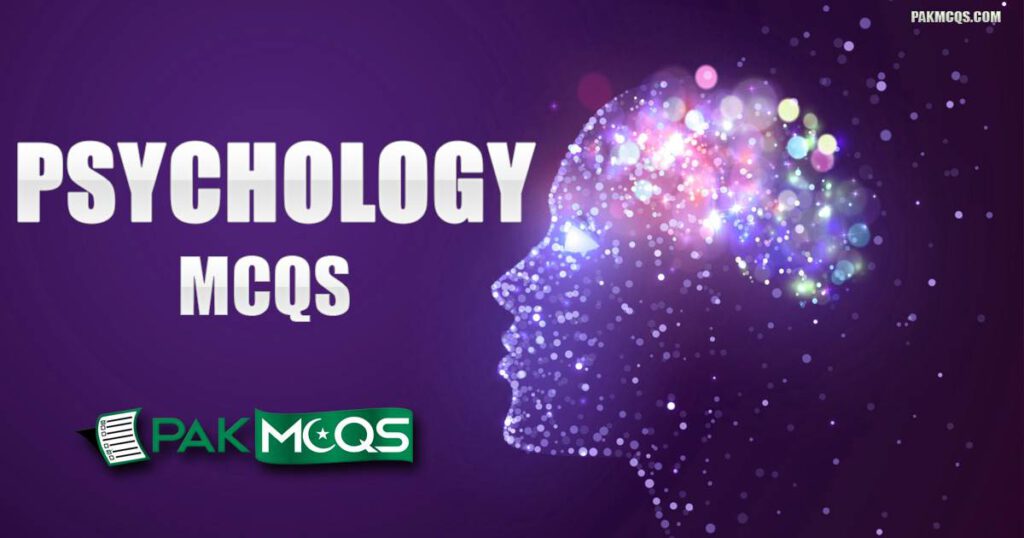A. The person is psychotic and believes the limb is evil
B. A person just doesn’t feel like the limb is supposed to be part of his/her body
C. The person is sexually aroused by amputation and wants to have a stump
D. Any or all of these
Psychology Mcqs
Psychology Mcqs for Preparation – These Multiple Choice Questions are important for Lecturer Psychology, Clinical psychologist, Counselling psychologist, Educational psychologist and Forensic psychologist Jobs tests. Psychology Mcqs questions are very important for all type of exams conducted by Fpsc, Nts, Kppsc, Ppsc, Spsc, Bpsc, Ots, Uts, Pts, Cts, Ats, etea and other testing agencies of Pakistan.
| PSYCHOLOGY MCQS | |||
|---|---|---|---|
| 1. Introduction to Psychology | 2. Emotions | ||
| 3. Therapy | 4. Memory | ||
| 5. Intelligence | 6. Infancy And Childhood | ||
| 7. Health Psychology | 8. Forensic Psychology | ||
| 9. Branches of Psychology | 10. Attitudes, Attributions And Social Cognition | ||
| 11. Adolescence And Adulthood | 12. Abnormal Psychology | ||
| 13. Social Psychology | 14. Sensation And Perception | ||
| 15. Research Methods | 16. Psychology Theories | ||
| 17. Psychological Disorders and their Treatment | 18. Personality | ||
| 19. Organizational Psychology | 20. Nervous System | ||
| 21. Motivation | 22. Methods and Approaches | ||
| 23. Methodology | 24. Major Thinkers in Psychology | ||
| 25. Learning | 26. Language And Thought | ||
| 27. Interpersonal Relations And Group Processes | 28. Industrial Psychology | ||
| 29. Educational Psychology | 30. Developmental Psychology | ||
| 31. Criminal Psychology | 32. Coordination | ||
| 33. Cognitive Psychology | 34. Biological Foundations of Behavior | ||
| 35. Miscellaneous Psychology | 36. | ||
A. Frank Lloyd Wright
B. Charlotte Bronte
C. Vincent Van Gogh
D. Queen Victoria
A. Combined Type (elements of Inattention, Hyperactivity and impulsivity;
B. Predominantly Inattentive Type
C. Predominantly Hyperactive – Impulsive Type
D. All of these
A. Disruptiveness
B. Aggression
C. Impulsivity
D. Intelligence
A. Dopamine
B. Acetylcholine
C. Epinephrine
D. Glutamate
A. 1
B. 2
C. 3
D. 4
A. psychoanalysis
B. systematic desensitization
C. client – centered therapy
D. family therapy
A. therapeutic touch.
B. regression toward the mean
C. the double – blind technique
D. transference
A. the simultaneous use or two or more therapeutic treatments in the hope that at least one will be effective.
B. replacing a positive response to a harmful stimulus with a negative response.
C. blocking anxiety – arousing material from consciousness during therapy.
D. a procedure in which neither patients nor health care staff know whether a given patient is receiving a drug or placebo
A. Legal Eagles
B. A Time to kill
C. Primal Fear
D. As You Desire


